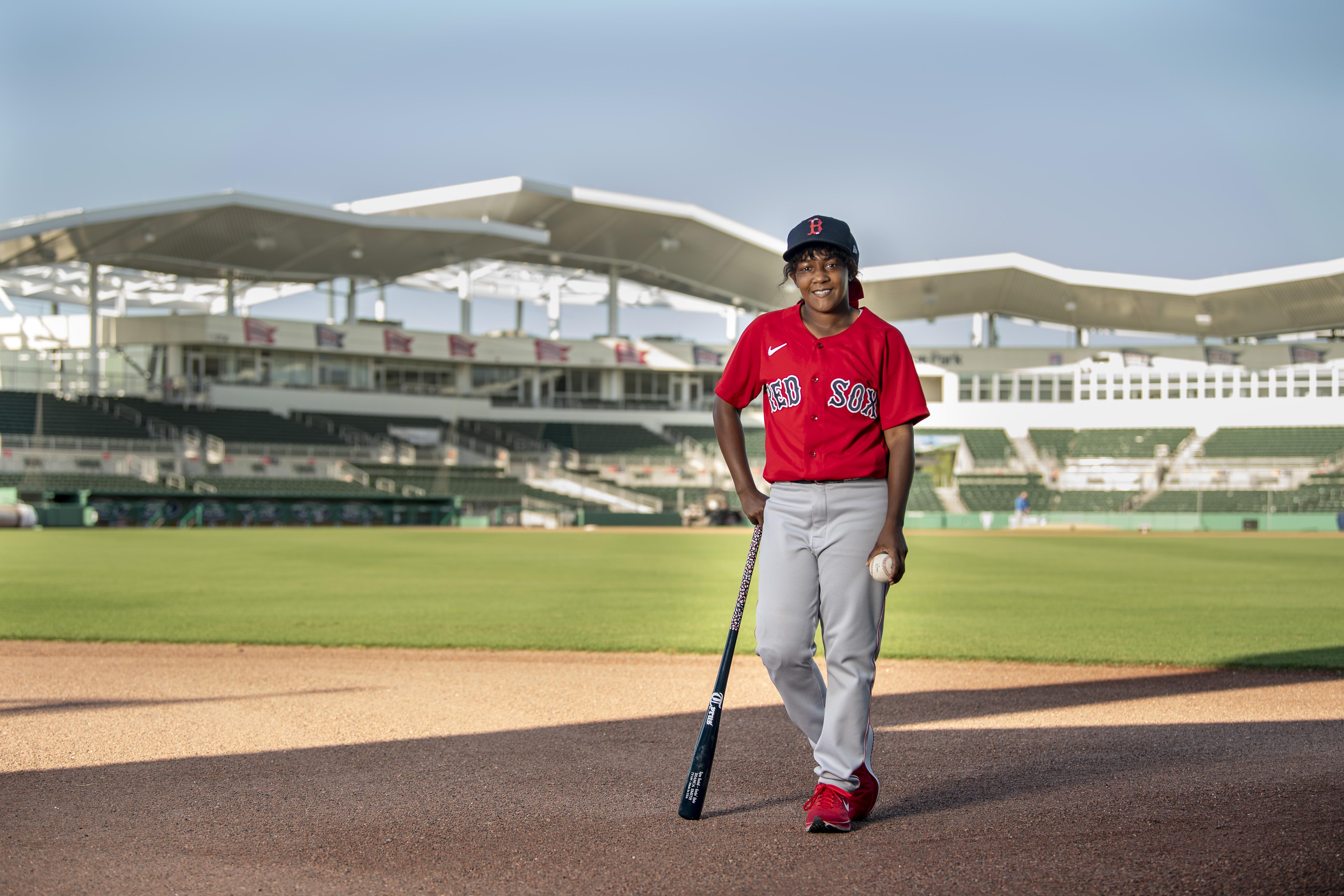When the Boston Red Sox hired Bianca Smith (LAW ’17, MGT ’17) this year as a Minor League coach, she made history as the first Black woman coach in professional baseball. For the double alumna, hitting the upper echelons of a sport she’s longed to coach started with a shot from Case Western Reserve.
In 2013, Smith came to the university as a prospective graduate student and met with Matt Englander, the Spartans’ baseball head coach. Fifteen minutes into their conversation, Englander offered her a position he created just for her: director of baseball operations. She started earning her MBA at Weatherhead School of Management and, a semester in, enrolled at the School of Law through a dual-degree program.
We talked with Smith about her experience in the pros so far— and how a Case Western Reserve education prepared her for a trailblazing career.
Q: How has your first season gone so far?
Absolutely amazing. Not every woman has a good experience working in this industry, so I’ve been really blessed to land with a supportive organization that encourages its employees to be themselves and find their niche. … Being able to come in and make an immediate impact is what every coach wants to do, but not what every coach gets to do. I’ve been able to really find a place where I fit and figure out where I provide the most value to the organization.
Q: Why did you decide to pursue a JD in addition to your MBA and baseball responsibilities?
At the time, I wanted to be a general manager. I knew I wanted to go to law school eventually to get a background in sports law and contracts. … Once I learned that CWRU had sports law courses, I knew it was a perfect opportunity to get my JD as well. And I partly applied because it gave me at least two more years working with the baseball team, and by October of my first year, I already knew I wanted to work with them longer.
Q: What in particular from your law education has helped you succeed in your career?
The entire premise of law school is what I use as a coach every day: build a relationship with my player (the client), know the information well enough to break it down and explain it to them, and specialize my services based on what they need. And oftentimes my answer will be “It depends.” I joke a lot that being a coach is very similar to being a lawyer.
Q: How do you think your time at Case Western Reserve helped prepare you for your career? Are there opportunities you gained at Case Western Reserve you don’t think you’d have had the chance at elsewhere?
I know for a fact that the experience I got working with the baseball team is not what I would’ve had at a lot of schools. … I learned so much about being a coach working with [Englander] and our staff, learned a lot more about baseball outside of just the game you usually see, and learned to work directly with players.
Add that to being able to balance both degrees while working as the athletics compliance assistant and the undergrad sports management [teaching assistant], running the MBA’s sports business club, participating in and eventually acting as the secretary for the Black Law Students Association, and joining the cheer team my final year. Both programs were supportive and flexible with my other responsibilities, and I never felt that I had to sacrifice one activity for another. That says a lot about CWRU: They truly have their students in mind and want to help them achieve their goals. Although I wouldn’t encourage a lot of people to do what I did. I still don’t know how I made the hours work.
Read more alumni stories in In Brief.


